detail profile jean michel dhermay
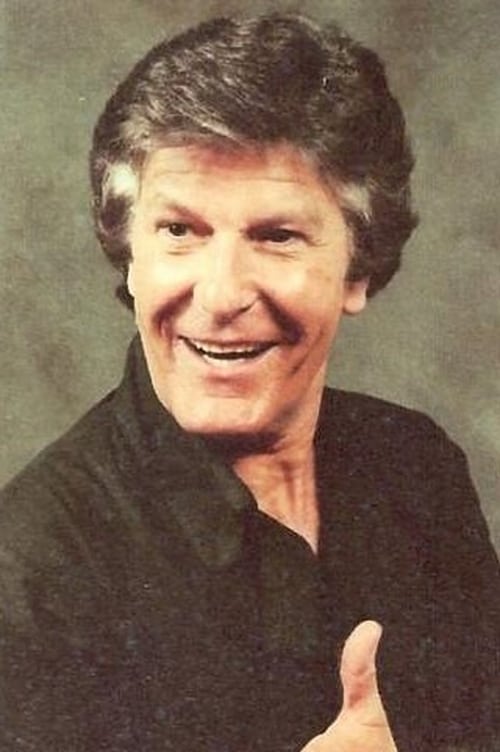
Info Pribadi
Peran Yang Di Mainkan Jean-Michel Dhermay
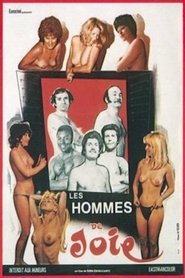 A lovely summer day in Paris...
A lovely summer day in Paris...Ladies House of Pleasure 1976
A lovely summer day in Paris. Roger and Martine are on their way to work. "Work" is a euphemism because Martine is a prostitute in Pigalle. She is saving money to buy the house of her dreams in the country. Her husband Roger "works" for the same goal, but in a brothel for women. There, duchesses rub elbows with businesswomen, militant members of women's lib and other female pleasure-seekers.
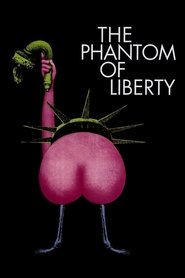 This Surrealist film with a title...
This Surrealist film with a title...The Phantom of Liberty 1974
This Surrealist film, with a title referencing the Communist Manifesto, strings together short incidents based on the life of director Luis Buñuel. Presented as chance encounters, these loosely related, intersecting situations, all without a consistent protagonist, reach from the 19th century to the 1970s. Touching briefly on subjects such as execution, pedophilia, incest, and sex, the film features an array of characters, including a sick father and incompetent police officers.
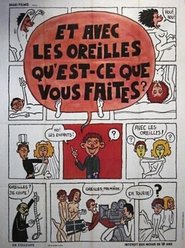 Two friends Arthur and Jrme want...
Two friends Arthur and Jrme want...Et avec les oreilles qu'est-ce que vous faites? 1974
Two friends, Arthur and Jérôme, want to make a film. After much hesitation, they give up their primary aspirations and opt for a trendy theme: eroticism! Benefiting from a tidy sum of money, all they have to do is find the ideal cast. But the tandem is far from imagining that this somewhat crazy project will completely change their existence.
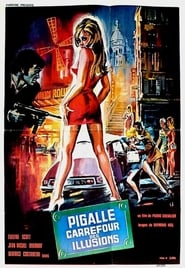 A gang uses Marina a naive...
A gang uses Marina a naive...Pigalle Crossing of Illusions 1973
A gang uses Marina, a naive striptease artist, on a tour of Asia, to make a microfilm out of the country. As soon as the girl arrives at Orly airport, she is followed by smugglers.
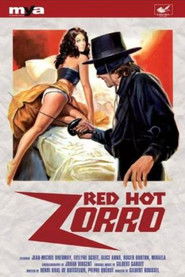 A softcore sex farce using the...
A softcore sex farce using the...Red Hot Zorro 1972
A soft-core sex farce using the Zorro legend as an excuse for countless lusty exploits. Jean-Michel Dhermay is the dashing and amorous Zorro who stands up agaunst the tyrannical California ...
 Two men part tramp part pilgrim...
Two men part tramp part pilgrim...The Milky Way 1969
Two men, part tramp, part pilgrim, are on their way to Santiago de Compostela in Spain. On their way they meet a whole assortment of people—some truculent, some violent, and some bizarre; they experience many adventures—some mysterious, some erotic, some even supernatural.
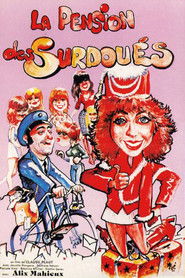
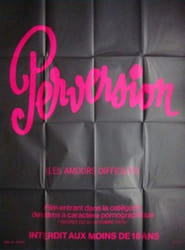
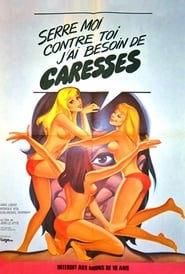 To improve their sex life a...
To improve their sex life a...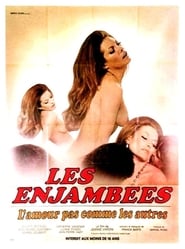 After 5 years of marriage a relaxation...
After 5 years of marriage a relaxation...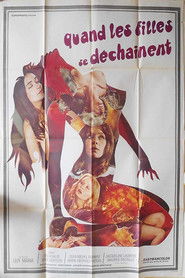 A 1974 French erotic and action film
A 1974 French erotic and action film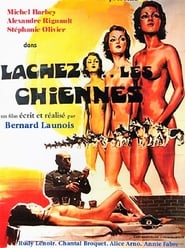 Carl a handsome Austrian tries to...
Carl a handsome Austrian tries to...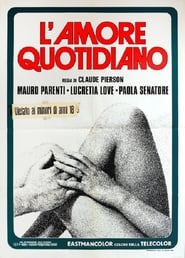 About the problems of frigidity encountered...
About the problems of frigidity encountered...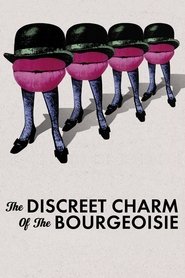 In Luis Buuels deliciously satiric masterpiece...
In Luis Buuels deliciously satiric masterpiece...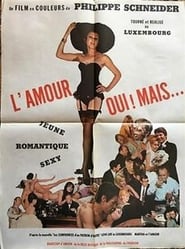 The story of a hotel boss...
The story of a hotel boss...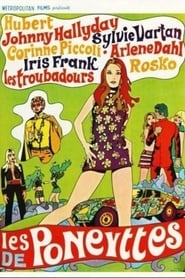 The rise and fall of a...
The rise and fall of a...